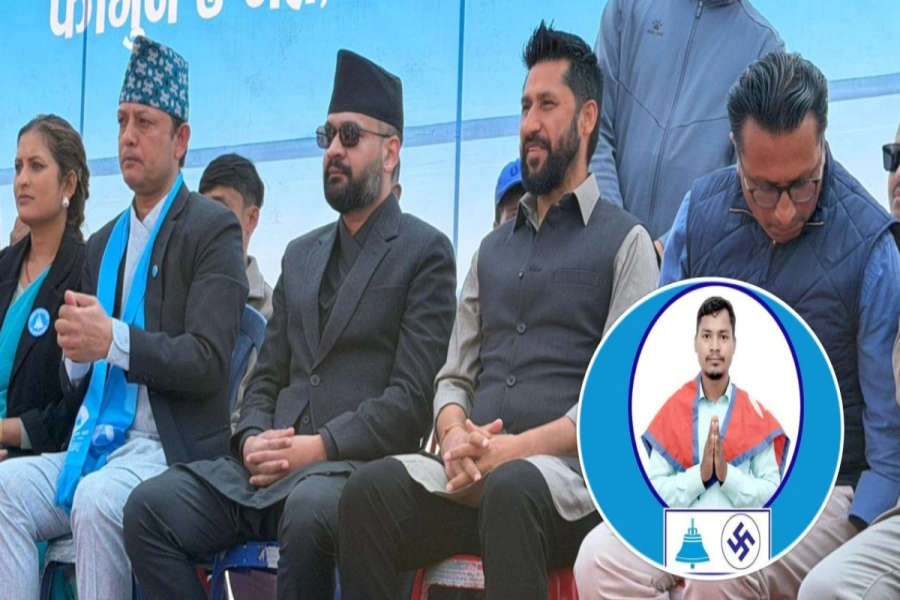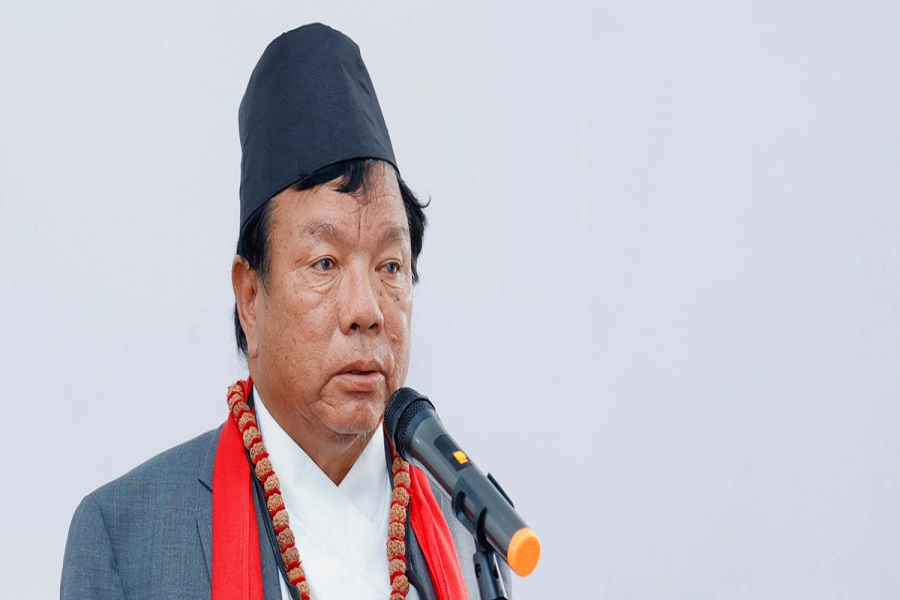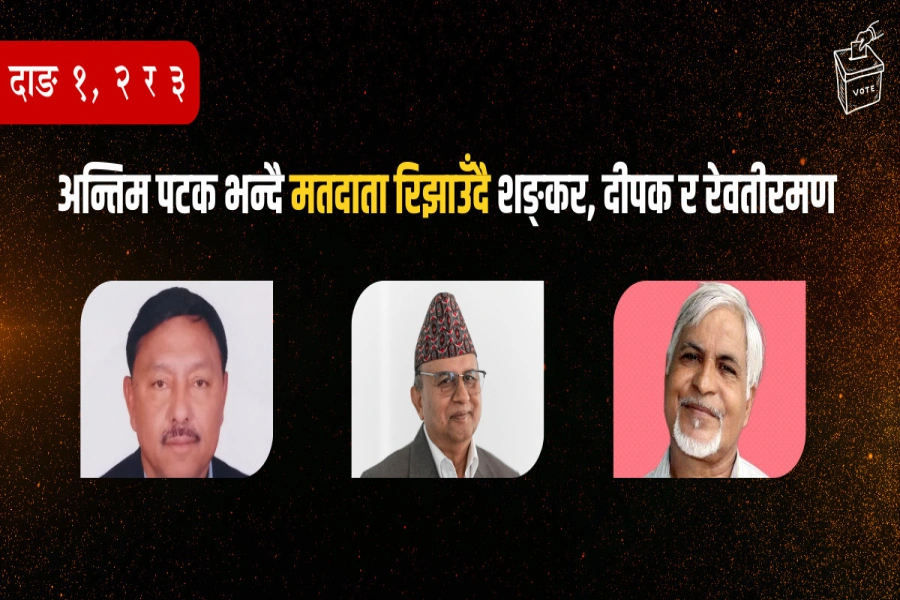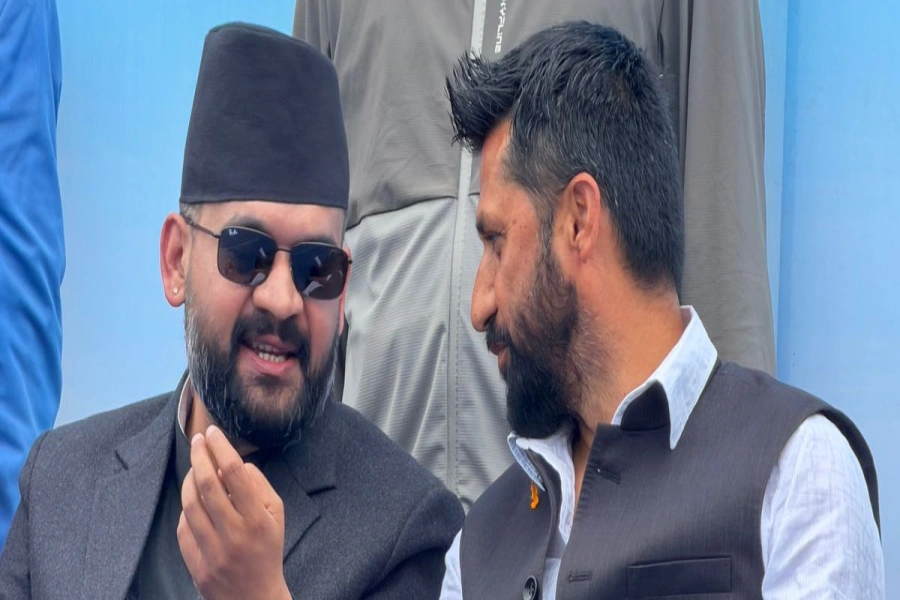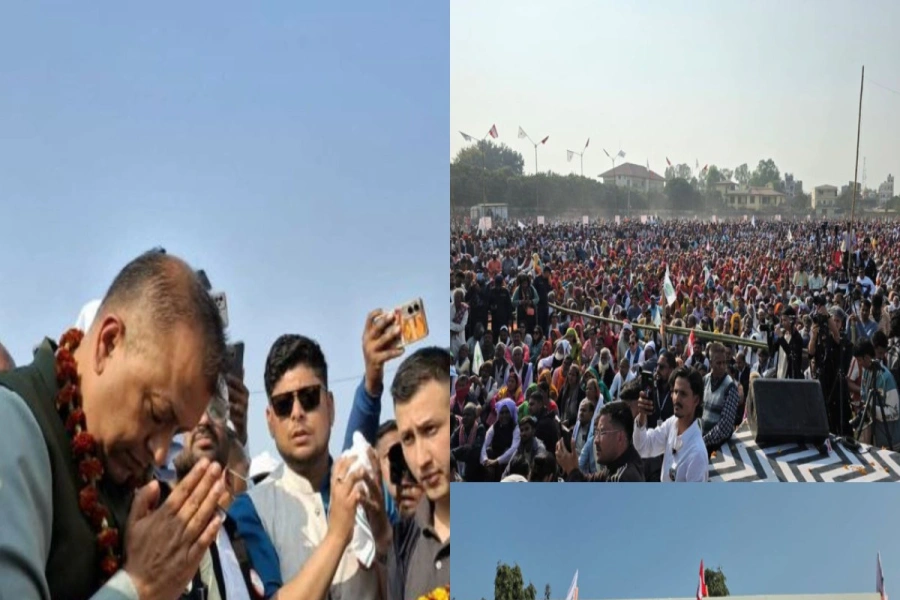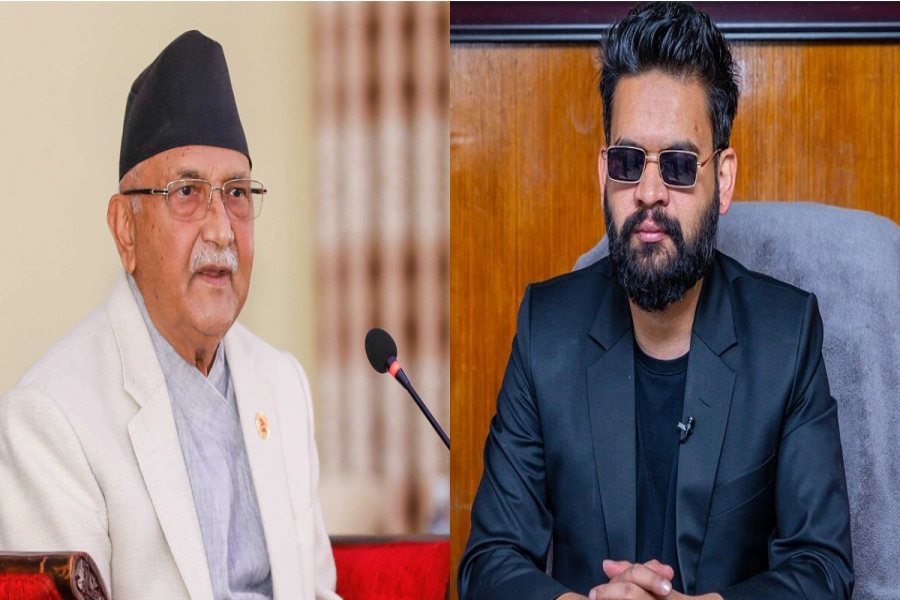Everyone around me always tends to dissect the ethics of characters (or rather gods) from our Hindu mythologies and question their actions. These people, often my age, express their indignation at a god as selfish and obnoxious as Indra being a highly respected deity and the king of gods. Then I’d hear conversations about Krishna being a troublesome character and becoming a source of great annoyance at one too many occasions. And they would wonder why we were led to worship these characters with numerous faults and very questionable behavior and take them as the good and kind people we should all aspire to be.
I have always taken an interest in these discussions and as someone who loves stories and loves mythologies even more I have been really intrigued. The first stories I remember are those from the Ramayana and then some time later it was the Mahabharata, although admittedly it took me years before I could understand the latter. Whether the events transpired for real or not does not really concern me. What a particular incident insinuated or didn’t mean to convey never interested me either. Our mythologies are perhaps one of the best-documented and structured stories in all of literature and the brilliance with which the characters are written and stories progressed is remarkable. This is what concerns me and I’m here for that.
When I was a kid, I heard these stories during different festivals as I’m sure most people did too while growing up. The elders in my family would tell me that we started lighting oil lamps in Tihar because that was how Lord Ram and his entourage were welcomed by the people of Ayodhya after they returned from their 14-year-long banishment. I would hear about Lord Bishwakarma, the celestial architect and craftsman, for whom we brought out all the knives, weapons and all things made of iron on the ninth day of Dashain. Amidst all the hustle and bustle of the day, I would read about how Lord Bishwakarma constructed the magnificent city of Dwarka and the Maya Sabha for the Pandavas that was supposed to be an architectural marvel at the time.
Worth of stories

Then there were the TV shows – another important contribution to the storytelling bit of our mythologies. It seemed as though every network channel on TV was competing for the best remake of the epics of Mahabharat or Ramayan. Despite all their faults (because Indian channels, enough said), I admit that these channels did an agreeable job of adapting these stories on screen. Babubhai Mistri’s originals though remain unbeatable even 55 years later. And as a kid, at bookstores, I usually picked out the abridged graphic versions of Ramayana and Mahabharata. They were giant books but in many respects they fascinated me more than Enid Blyton ever did. Having said that, I love Noddy and Amelia Jane though.
Back then I took these epics as stories. I do that even today. The graphic volumes that I kept on my bookshelf had their unabridged counterparts wrapped in velvet and on a pedestal in the prayer room. While my book had stickers on it, the one in the prayer room was wrapped in money and had dollops of red and yellow powder all over it. I didn’t understand back then why two books with essentially the same stories were given such different treatments. It didn’t bother me as much as it does now.
Because my introduction to stories was through these epics, it was inevitable that I develop a liking for the fantasy side of literature. Lord of the Rings, Harry Potter, then the Greek God mythologies and quite recently The Song of Ice and Fire, I fell into fantasy one after another. And somehow my standards for these stories were always the Ramayana – well developed stories with complex characters that aren’t faultless and the most breathtaking story arcs. Set in their own fantastical worlds, they gave an alternative to what is otherwise our own world. And they had characters no different from me or anyone else. All these stories gave their own versions of reality and what a reality they were to read about!
But once you learn to see stories as more than just progressions in the storyline, there will be things you notice that you can never shake off. Ram abandoning Sita on the mere words of a dimwitted fool can no longer be understood as just a tragic happening. What happened to Ahalya, wife of Gautama Maharishi, was downright horrible and how the narratives treated her position in the stories was callous and unsympathetic. The Pandavas weren’t the good and kind heroes our books and TV series painted them to be. They were mean and haughty and no more innocent than the Kauravas. Bheeshma, the wise and fierce warrior, has his own moments of weaknesses where he ends up doing more harm than good. These discussions replaced the storytelling. And really, these arguments and discussions are necessary, especially today.
Elements of misogyny, bigotry, and classicism are rampant throughout our epics but really which stories aren’t? No characters are meant to be textbooks ideals and I don’t think that is the point either. My understanding of Ram is the character that I read about in my books and I never looked at him as an ideal for what a person should be like. I never saw Ram (not that I’m dismissing his importance in our culture) as a godly figure who was right all along. I admire and dislike characters of our epics the way I admire and dislike the characters of any other stories. Coming to terms with this has given me peace and a sense of freedom to enjoy my stories. I read them with awareness and don’t condone their actions because they are stories after all, of human beings who are like us, live like us and make mistakes just as we do.
rakshya.khd@gmail.com





